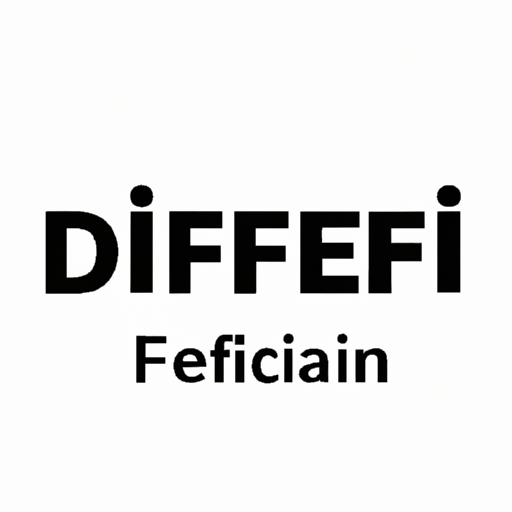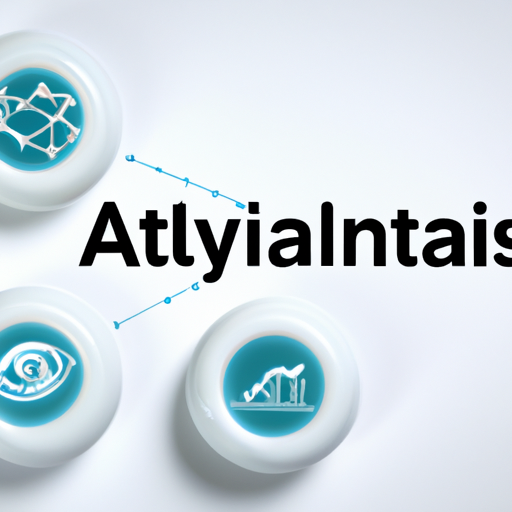Decentralized Finance, commonly referred to as DeFi, is revolutionizing the way we interact with financial systems. It leverages blockchain technology to recreate and improve upon traditional financial systems through decentralized networks and open-source protocols.
What is Decentralized Finance (DeFi)?
DeFi is a rapidly growing sector in the financial market that aims to provide a peer-to-peer alternative to traditional financial services. It encompasses a wide range of financial applications in cryptocurrencies or blockchain geared toward disrupting financial intermediaries.
The Core Components of DeFi
- Smart Contracts: DeFi applications rely heavily on smart contracts, which are self-executing contracts with the terms directly written into code. They eliminate the need for intermediaries.
- Decentralized Exchanges (DEXs): These platforms enable users to trade cryptocurrencies directly without relying on a centralized authority.
- Lending and Borrowing Platforms: DeFi enables users to lend their assets to others in exchange for interest, or borrow assets by providing collateral.
- Yield Farming: This is a way to earn rewards on your cryptocurrency holdings by providing liquidity to decentralized protocols.
Benefits of DeFi
Decentralized Finance has several advantages that make it appealing to users:
- Accessibility: DeFi platforms can be accessed by anyone with an internet connection, significantly expanding financial services to unbanked populations.
- Transparency: All transactions on the blockchain are transparent and public, making the system more trustworthy.
- Lower Costs: By eliminating intermediaries (like banks), individuals can enjoy lower transaction fees and better governance.
Challenges Facing DeFi
Despite its benefits, DeFi is still in its nascent stage and faces several challenges:
- Regulatory Uncertainties: Governments worldwide are still grappling with how to regulate DeFi, leading to an uncertain future.
- Security Risks: Smart contracts can be vulnerable to exploits and bugs, leading to potential losses for users.
- Market Volatility: The cryptocurrency market is notoriously volatile, which can adversely affect DeFi investments.
The Future of DeFi
As DeFi continues to evolve, its potential to create a more inclusive financial system is immense. With further advancements in technology and regulatory clarity, we can expect to see a broader acceptance and integration of DeFi solutions in everyday financial transactions. It’s an exciting time to be part of this transformative movement.
If you’re looking to delve further into the world of DeFi, be sure to stay updated on the latest trends and developments in this dynamic industry. The future of finance is decentralized!




